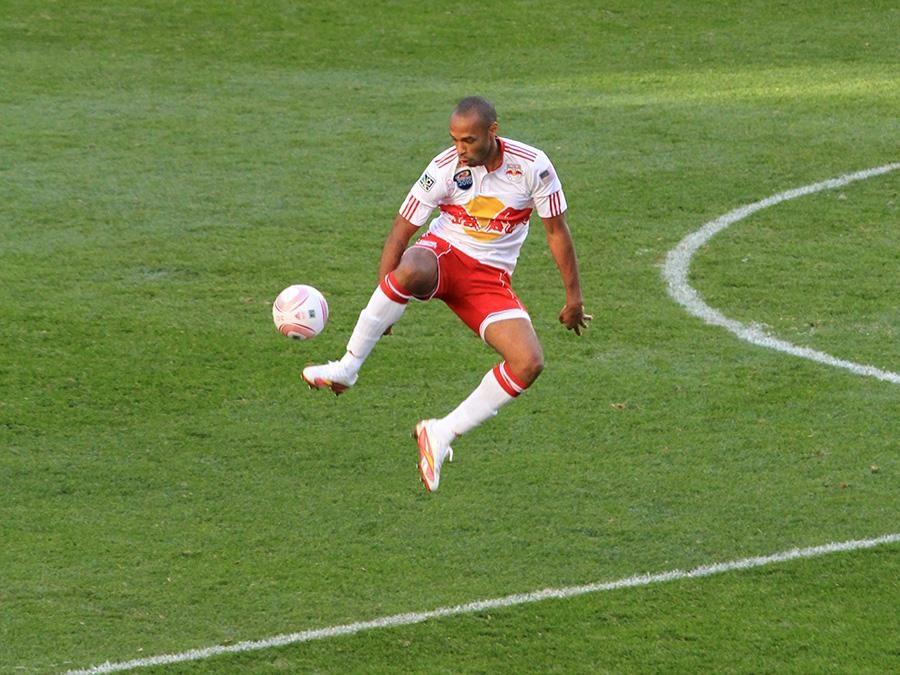MLS falls short to Premier League
September 30, 2014
Barclays Premier League, one of the most popular leagues in the world, was formed in 1992, only one year prior to North America’s own Major League Soccer. However, there is a stark difference between the respect given to the Premier League and the MLS.
Those who grew up watching English soccer leagues scoff at the American game and complain about it being dull by comparison. On the other end of the spectrum, many have fallen in love with homegrown U.S. teams, as superfans of every franchise have formed over the last two decades. But, the fans cannot make the league legitimate. The MLS has grown by leaps and bounds since its formation, from 10 original teams to 19, plus two more to be added next season, but that hardly proves its legitimacy.
Superstar David Beckham moved to the MLS as his career wound down in Europe. He had also played for England’s national team in the biggest soccer competitions in the world, such as the FIFA World Cup and the Olympics, and chose to take his talents over to his new home in the United States. The problem with this move is that it is unclear whether it is a sign of respect or the exact opposite. It is an important step to have such a well-known and talented player in the league, but what does it say that he only moved over once he started to decline?
Following Beckham’s lead, international soccer stars Ricardo Kaká and Frank Lampard are set to enter the Major League soon on the Orlando City Soccer Club and New York City Football Club, respectively. Again, this could be seen as a sign of growth for the league, or a new reputation as the league where the best go to end their careers. Many MLS fans are excited for the league’s growth and to have famous players on their home teams, but the aforementioned pattern has not gone unnoticed. There are a few national stars that chose to stay with the MLS, such as Kyle Beckerman and Graham Zusi, but plenty more have made the decision to cross over, including DeAndre Yedlin, who is finishing his 2014 season with MLS, even though an official transfer has been agreed upon with Tottenham, an English club.
It is hoped that more and more homegrown talent will choose to stay and compete in the United States, but this has yet to gain ground as a viable career path for players. Until it does, the MLS will pale in comparison to its European counterparts.
A version of this article appeared in theTuesday, Sept. 30 print edition. Email Nikki Foreman at [email protected].

























































































































































